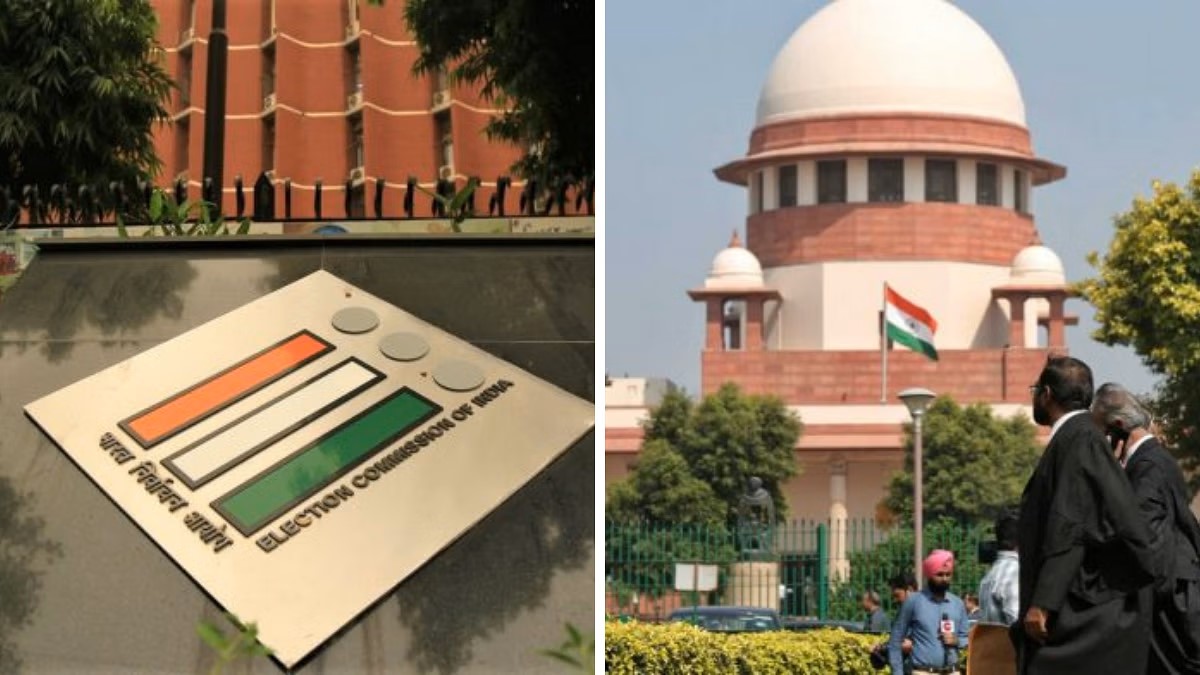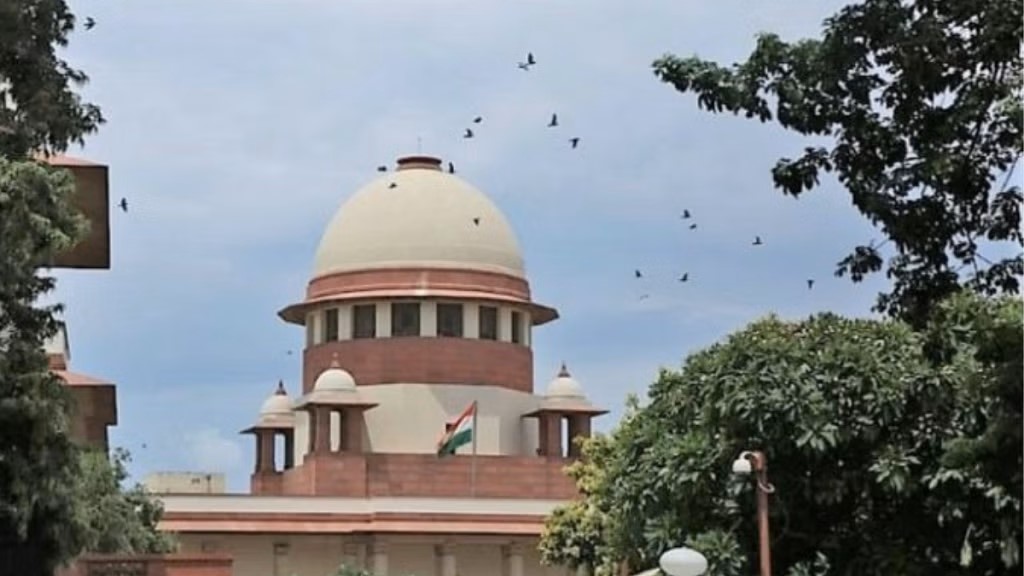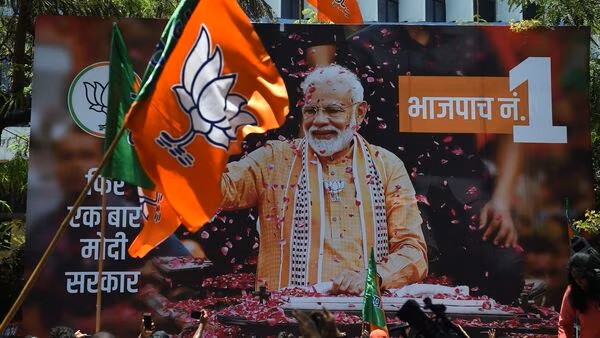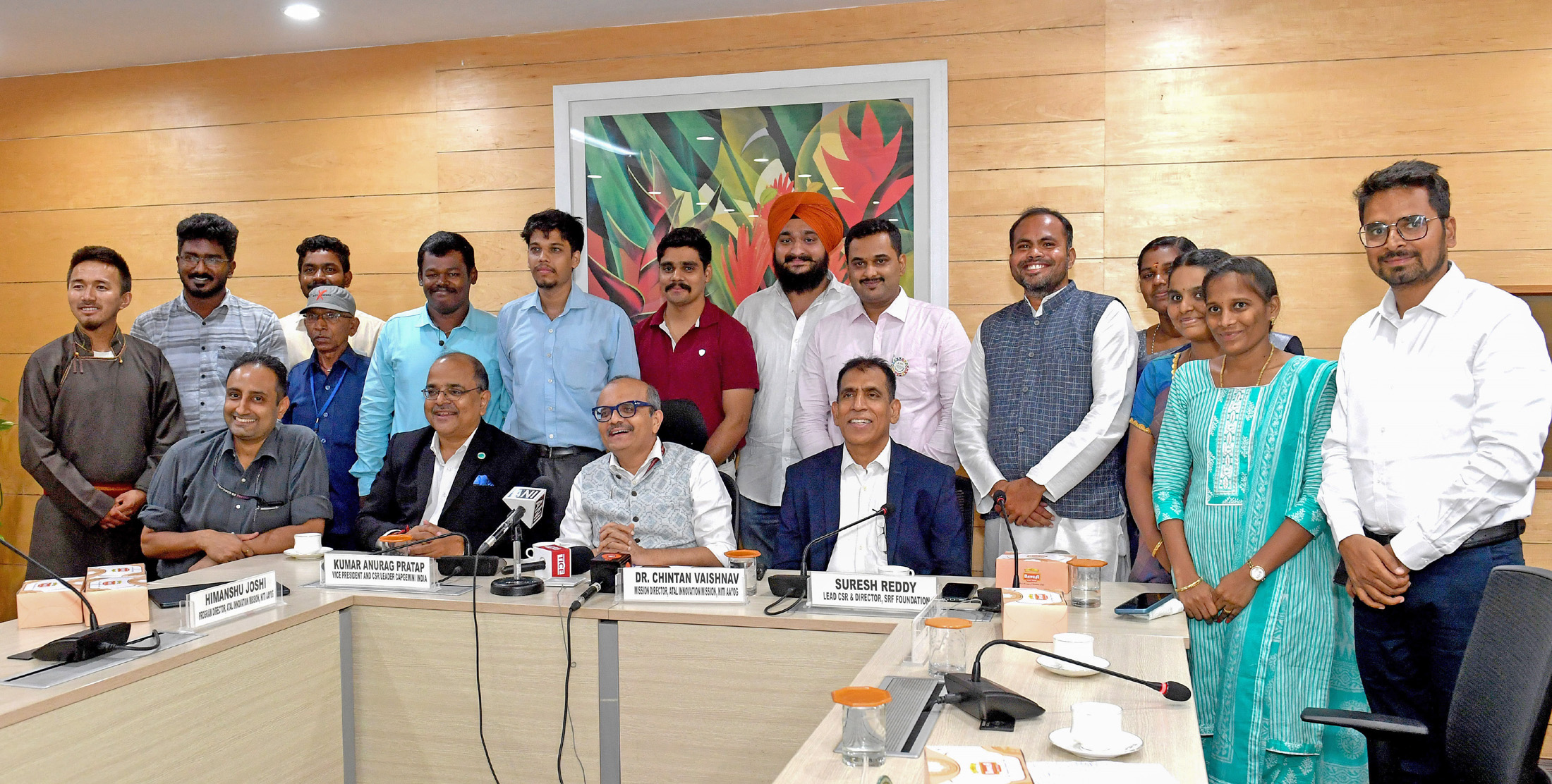New Delhi: Taking a “hands-off approach,” the Supreme Court on Friday adjourned an application filed by the Association for Democratic Reforms (ADR), an NGO, seeking directions to the Election Commission (EC) to publish booth-wise voter turnout figures and make the Form 17C vote tally records available online within 48 hours of polling for each phase of the ongoing Lok Sabha polls.
 The court noted that with five phases of elections already completed and two pending (the sixth phase was held the following day), it would be difficult for the EC to allocate the necessary resources at this juncture.
The court noted that with five phases of elections already completed and two pending (the sixth phase was held the following day), it would be difficult for the EC to allocate the necessary resources at this juncture.
The SC then adjourned the interlocutory application filed by the NGO on 9 May, stating that granting any interim relief would amount to granting relief in the main petition pending before the court since 2019. The court then asked ADR to list the matter before a regular bench after the court’s summer vacation.
The main petition filed by ADR in 2019 sought directions from the Supreme Court to order the EC to completely stop the practice of announcing election results based on provisional and estimated data prior to an actual and accurate reconciliation of data.
Additionally, ADR sought directions for the EC to develop an efficient, transparent, rational, and robust procedure by creating a separate department/grievance cell for investigating discrepancies in election data and responding to electors’ queries on the same.
Before the hearing in the case, the EC on Wednesday filed an affidavit opposing ADR’s request, stating that making Form 17C publicly accessible online could be prone to manipulation, including the alteration of images, which could potentially sow the seeds of “widespread discomfort and mistrust” among the public.
Moreover, the EC invoked Article 329(b) of the Constitution to prevent the court from hearing the matter, arguing that this provision prohibits judicial intervention in the working of the commission in the middle of the election process.
On Friday, Justices Dipankar Datta and S.C. Sharma, in agreement with the EC’s contention, stated that judicial intervention was barred in the present circumstances in view of Article 329(b).
Against this backdrop, ThePrint explains Article 329(b) and its significance within the electoral framework.




